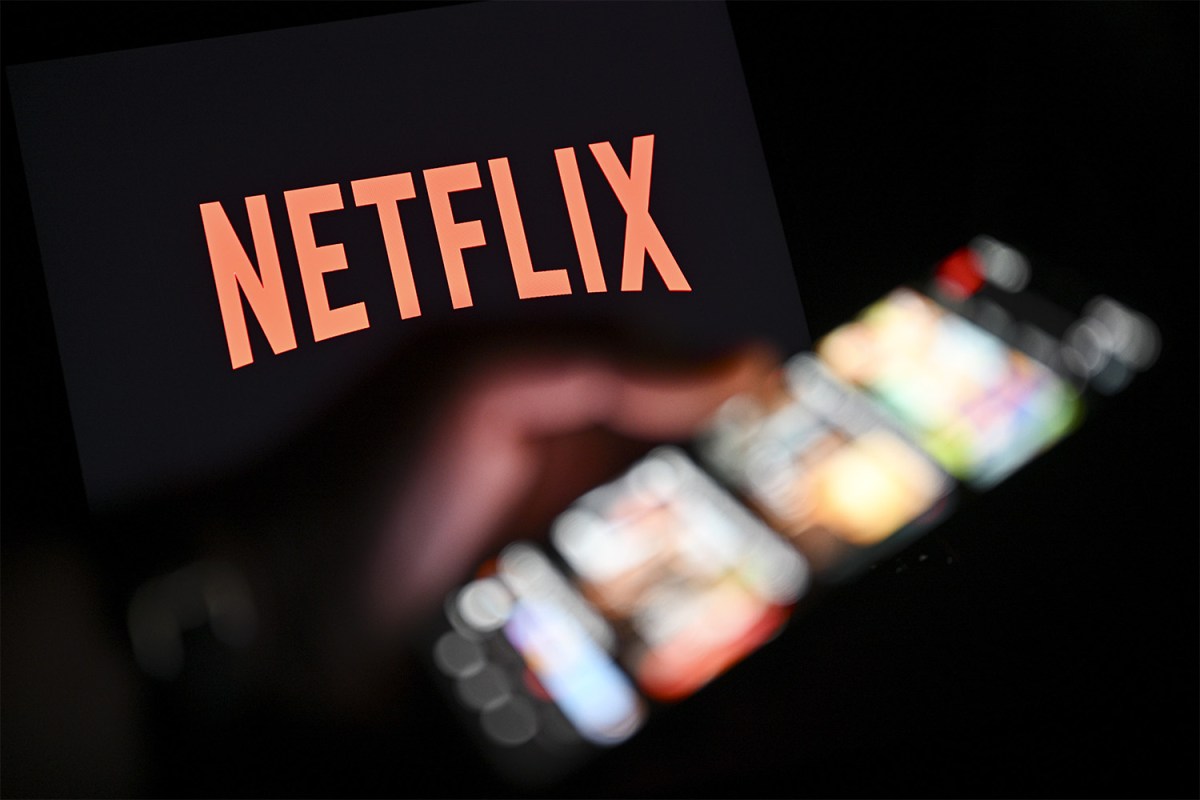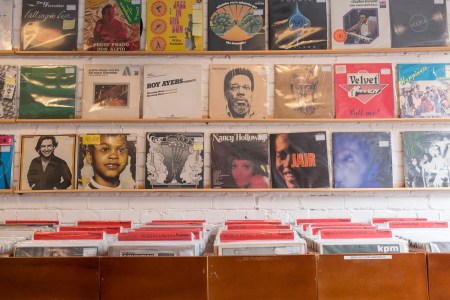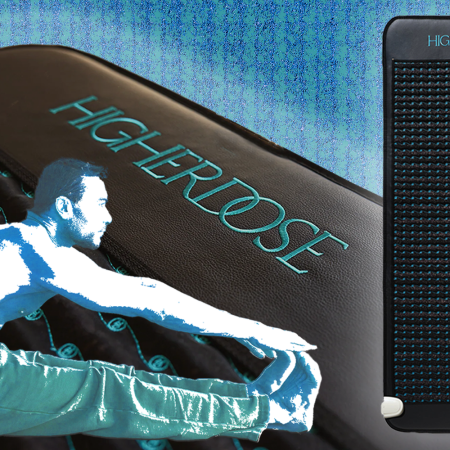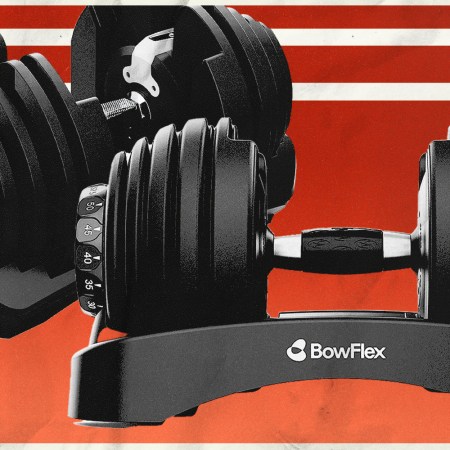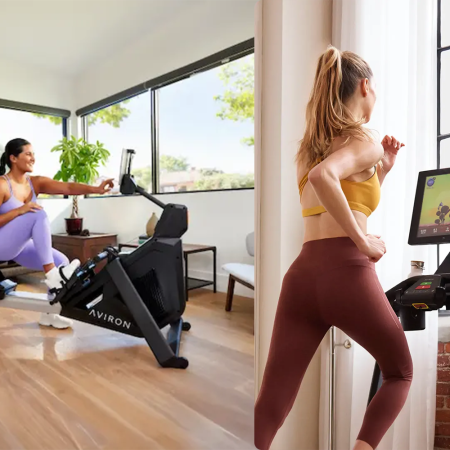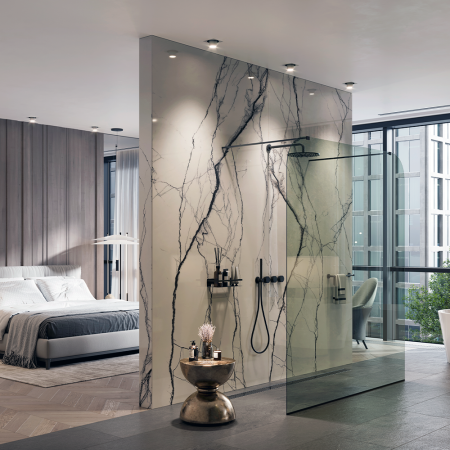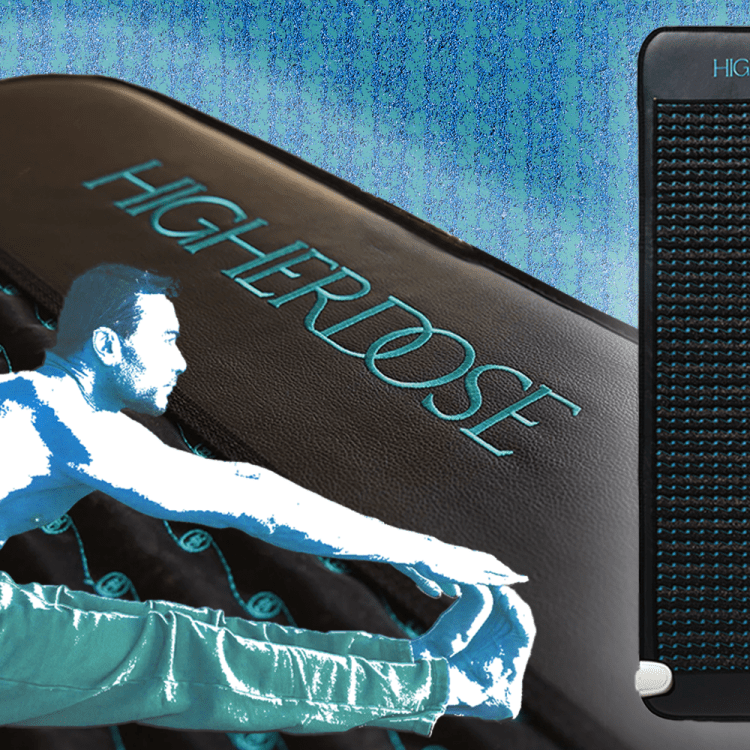Heard of second screening yet? In a recent episode of The Rest Is Entertainment podcast, English journalist Marina Hyde offered a handy (and depressing) primer on the concept:
“So many show runners [have been] given notes by the streaming channels: ‘This isn’t second screen enough.’ And what they mean is, the viewer is expected to be on their phone, sort of half doing something else, while your crime drama, or whatever, is playing. You can’t make it as complicated as you have, because they’re not going to understand it. They’re not going to be concentrating on your show.”
Still an informal term — you can tell a phrase is new when its Wikipedia page is an absolute mess — the general, street understanding of “second screening” describes any time an at-home viewer is scrolling their phone while simultaneously watching something on TV.
From a streaming perspective, this behavior is no longer a phenomenon — it’s to be expected. Whether assessing the risk of a potential project, or sending notes back to writers’ rooms, the compromised attention spans of viewers are now tantamount. (One way streamers track this behavior? The explosion of subtitle consumption.)
While second screening is an obvious pop culture issue, we argue that it’s a prevalent wellness one, too, with implications on our collective mental health, co-opting our capacities for relaxation and focus.
The Mental Health Benefits of Random Album Generators
Listening to new music will change your life for the betterThe Boob Tube
It wasn’t too long ago — a few decades, at most — that television was still considered the primary, mind-numbing scourge of the masses.
The “boob tube,” or “idiot box” took over American household entertainment in the 15 years following World War II. Then the most captivating medium ever invented, it conquered radio then elbowed its way into family dinnertime. By the 1970s, the United States Surgeon General considered TV violence a “public health issue,” arguing that the intensity of content programming had a direct correlation with simmering unrest throughout the country.
Anti-TV sentiment persisted throughout the 20th century, with a specific emphasis on the volume of hours watched by children and toddlers. Consider this age an early alarm bell against the perils of rampant screen time.
These days, though, it’s strange to think of television consumption — at any age — as more listless or damning than screen time via a phone, tablet or computer. Why? Well, we spend way more time on those screens: most estimates of average mobile screentime clock in at over three hours per day. We’re all acutely aware that we’ve fallen into an unhealthy rabbit hole with our iPhones; there are certainly enough articles written about our need for digital detox.
And kids are paying the price, too. After all, this is the era of the “iPad stare” (when young people look up from their screens, there’s sometimes a dazed look in their eyes).
How to Stop “Second Screening”
Mobile screen time, of course, hasn’t replaced TV screen time. It’s only added to it — and now, blended with it, creating a nightly blue-light-bonanza-binge that’s clearly interfering with our sleep and most likely intersecting with skyrocketing rates of social isolation and anxiety.
It’s left all of us in the peculiar position. What’s a viewer to do? I think it might be time for us to start prioritizing and power-ranking the various flavors of screen time.
Ditching screens entirely is a fool’s promise…impractical, if not impossible in the current landscape. But can you commit to using one screen at a time? Can you reserve certain screens for certain periods of the day? Can you promise to use your screens with actual intention, instead of as a means to pass the time or “relax”? (However good it may feel, checking your phone triggers a cortisol-release stress response in the body.)
One way to think about this: after you emerge from a flurry of Reels or emails, how do you feel? Refreshed, inspired? Animated to share what you saw with the person next to you? Do you cherish how you spent the last half hour? Would you do it again, just like that, if you could?
I can’t say I’ve ever felt that way after emerging from my phone (except, perhaps, if I’ve just finished reading an excellent article or playing a language-learning game or doing something else with a constructive endgame). But I did feel pretty good after watching certain 30-minute episodes of The Bear. Wouldn’t I be dishonoring a show with such thoughtful decision-making by simultaneously trying to replace the lost charger for my beard trimmer on Amazon?
Screen Time of a Different Stripe
Whatever TV’s reputation was in the back half of the last century, it’s now the clear lesser of two evils. It also has the potential — depending on what you choose to watch, how closely you choose to watch it and how this decision-making informs dollars spent by streamers — to educate, challenge, elevate, change and yes, relax us. To lift up our heads towards something better.
I understand the urge to keep a phone handy during live, monocultural events (e.g. sports games and awards shows) in order to keep up with “the conversation.” But ditching a phone in these situations can be quite rewarding too, affording you an opportunity to sink your teeth into the action — and remember why you even started caring about such content in the first place — or, perhaps, to properly share the experience with whoever is on the couch right next to you.
At the metaphysical level, I’d suppose that second-screening is a method of opting out of reality. It’s a typically end-of-day (or sick, or hungover) response protocol: The more I consume in this moment, the less I’ll have to feel. Bury me in loops and memes and subtitles. Forget about me, for the next little while. It’s an autonomic, submissive, physically-submersive doomscroll; most of us probably don’t even realize we’re doing it.
Your days — and evenings — deserve better than this. But until we, as an audience and a people, wake up, we’ll get more content designed for the same exact, pointless purpose.
The Charge will help you move better, think clearer and stay in the game longer. Subscribe to our wellness newsletter today.
